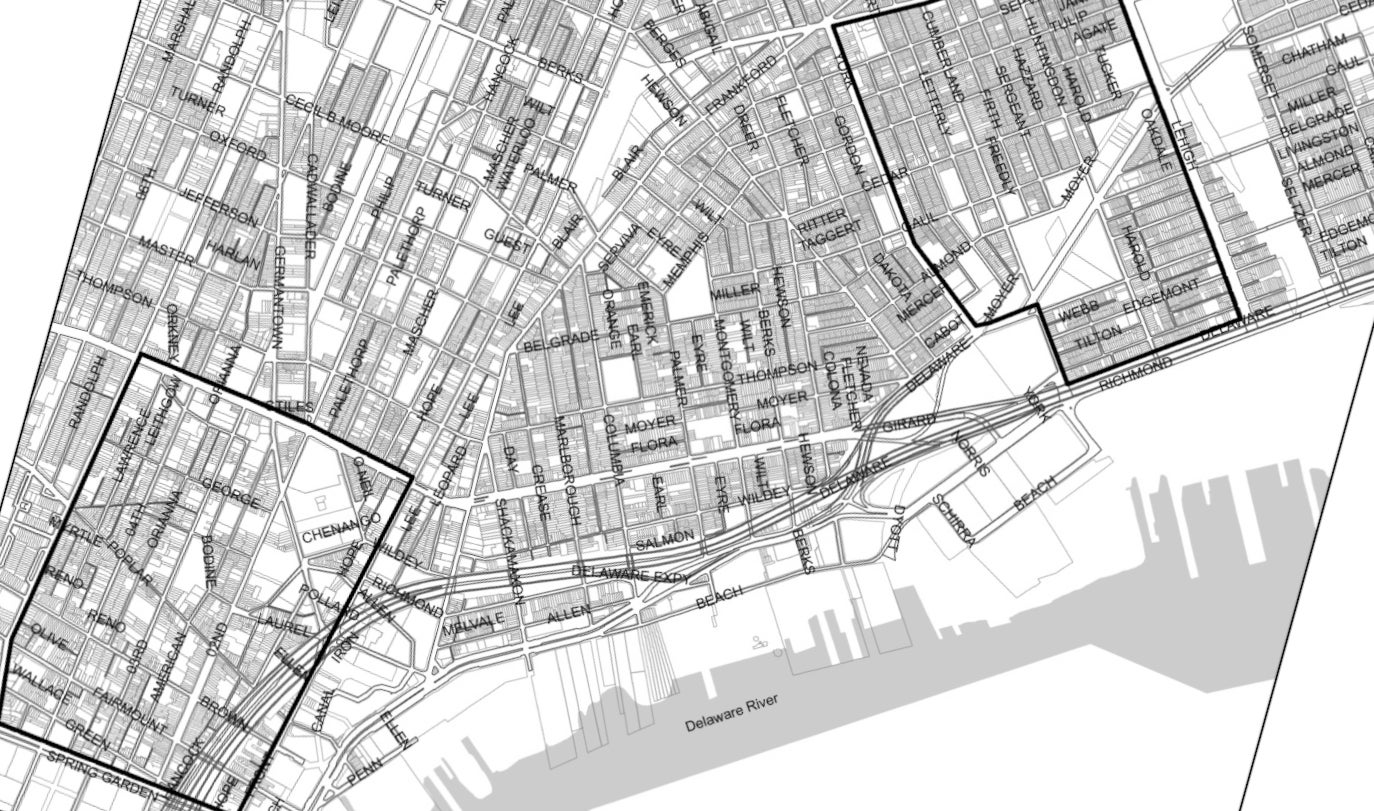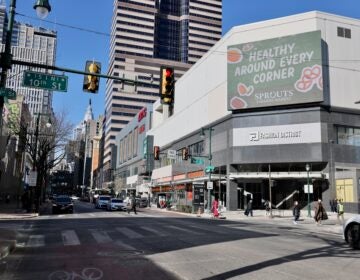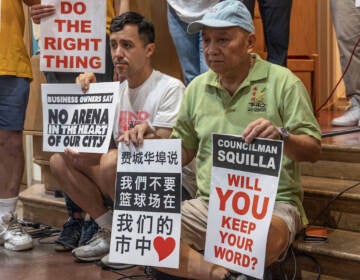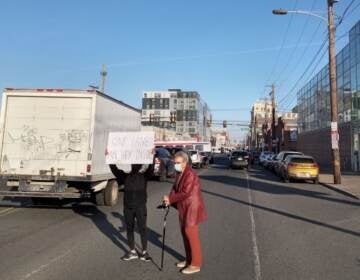Bill would remove some zoning controls in Fishtown and Northern Liberties

First District Councilman Mark Squilla introduced a bill last week that would reduce the size of a special zoning overlay for North Delaware Avenue, which currently covers most of Northern Liberties and Fishtown.
The goal, according to Squilla, is to allow developer Michael Samschick’s Canal Street North project—an entertainment complex at Delaware and Frankford avenues involving a concert venue and honky-tonk bar—to be built as a matter of right. The project received approval from the zoning board earlier this year, but a small group of neighbors appealed the ZBA decision to the Court of Common Pleas.
“Our goal is to try to get this thing built … ” said Councilman Squilla. “Unfortunately, there’s [a few] neighbors who want to try to blow it up.”
The Neighborhood Commercial Area overlay (NCA) currently prohibits the creation or expansion of assembly and entertainment uses, and requires special exceptions for new bars and restaurants, in the area bounded by the Delaware River, Spring Garden St., 5th St., Girard Ave., Frankford Ave., and Lehigh Ave. Assembly and entertainment uses include things like night clubs, arcades, and casinos, according to the zoning code.
Squilla’s bill would reduce the size of the North Delaware Ave. NCA by more than half, and its proposed new borders would cover two discreet areas. One area would be bounded by Spring Garden St., Front St., 5th St., and Girard Ave. The other area would be bounded by the west side of Delaware Ave., Lehigh Ave., Trenton Ave., York St., Aramingo Ave., and Cumberland St. The bill also repeals a section of the zoning code—14-802(7)(c)—containing special parking regulations for the North Delaware Avenue area.
Matt Ruben, president of Northern Liberties Neighborhood Association, a community group that did not oppose the Canal Street North project, said he has concerns about circumventing the zoning process with legislation, though he was careful to stipulate that he couldn’t ascribe any intentions to Councilman Squilla.
“Just as a matter of policy,” said Ruben, “if a project needs a variance, and the variance gets appealed, I don’t think it’s a very good precedent to just moot the appeal by changing the zoning legislatively.”
The bill would remove the special North Delaware Ave. overlay controls from all the waterfront property it currently covers. Earlier this year, Council passed a new zoning overlay for the Central Delaware waterfront. But the bill also removes a big chunk of Fishtown from the special regulations of the zoning overlay—much more land than that intended to be used in the Canal Street North project that Squilla claims the bill is intended to support.
The North Delaware Ave. overlay was enacted in response to a proliferation of night clubs in the area during the 1990s. Ruben said that there may be an important policy discussion to have about the necessity of those regulations in light of the new Central Delaware overlay, but that the discussion should be had proactively, not in reaction to ad hoc zoning legislation. He also said that if developers, communities, or politicians feel that a certain area is zoned incorrectly, they can request that it be updated through the Planning Commission’s remapping process. Spot zoning hasn’t gone away, Ruben said, “it’s just gone legitimate.”
Neither developer Michael Samschick nor Paul Boni, the attorney representing the near neighbors who appealed the variances for Canal Street North, returned phone calls from PlanPhilly immediately on Monday. Representatives from the Planning Commission and Fishtown Neighbors Association were also not immediately available for comment.
Matt Ruben said that some of the land that the bill would remove from the overlay is land that is the most important to protect. But he said his biggest concern is about process.
“If a variance case could be mooted by legislation, then it would be hard for anyone in the public to have confidence in the variance process,” he said. “And since the variance process only exists to cover situations where there’s nonconformity with the zoning code, it would be, in turn, very hard for the public to have any confidence in the zoning code.”
WHYY is your source for fact-based, in-depth journalism and information. As a nonprofit organization, we rely on financial support from readers like you. Please give today.






